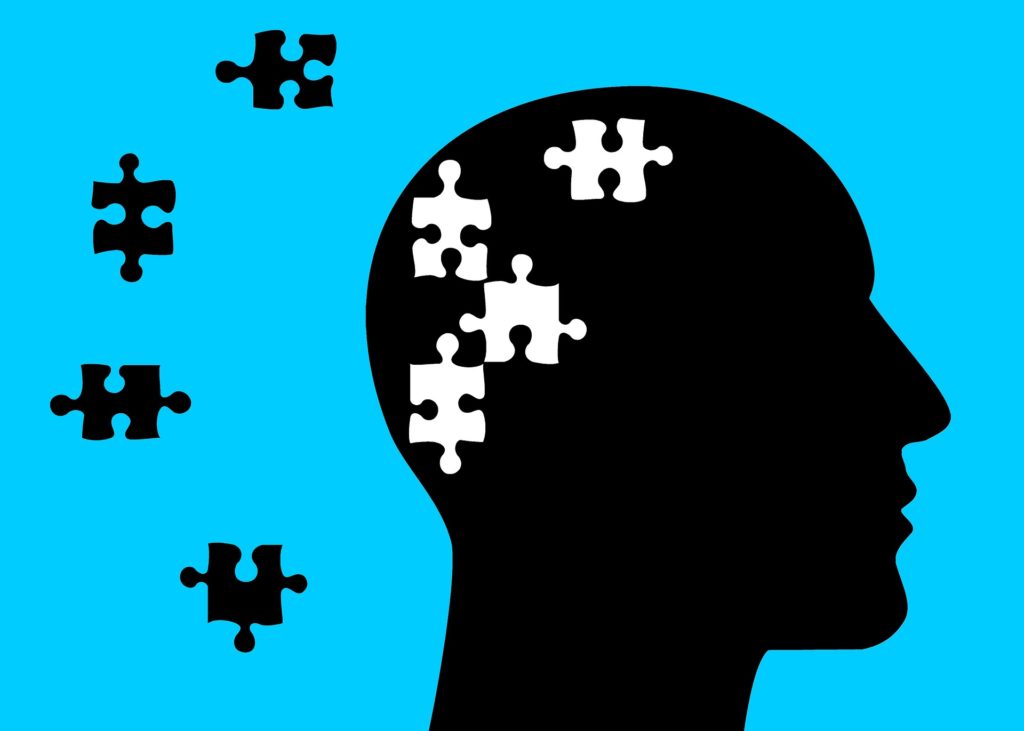FAQs
Who is Eligible For the Mental Health Diversion Program?
According to the Provincial Court of Alberta, there is an “over-representation of people with mental illness in the justice system”.
In other words, too many people with mental disorders end up being convicted of crimes.
To help address this problem, the Mental Health Diversion Program provides an opportunity for people with a mental health condition to seek treatment in the community rather than face trial and a possible criminal record for committing a relatively minor crime.

This diverts minor or low-risk offenders away from the criminal justice system and provides them with long-term community support.
There are strict eligibility guidelines for the mental health diversion here in Calgary, based upon the degree of mental impairment as well as the nature of the alleged crime committed.
However, if your lawyer is successful in arguing for the mental health diversion, it can provide a second chance in life.
Eligibility criteria
The mental health diversion recognizes that there are often underlying mental health problems that contribute to repeated criminal behaviour.
The program is available for adolescents over 16 and adults 18 and over who are charged with a criminal offence and who have ongoing mental health issues, such as:
- Brain injury or head trauma
- Schizophrenia
- Bipolar disorder
- Psychotic disorders
- Mood disorders
- Perception or thought disorders
- Memory disorders
- Orientation disorders
- Anxiety and/or depression
- Neurological disorders such as fetal alcohol spectrum disorder (FASD)
Referrals to the program may be made by:
- The accused
- The family of the accused
- Friends of the accused
- The police
- The Crown Attorney
- The defence counsel, or
- Community agencies
The referring party must be able to show a connection between the alleged criminal actions of the accused and some form of mental impairment due to a brain injury, mental condition or a neurological disorder.
Additionally, there must be consent on behalf of the accused to participate in the Mental Health Court program and a reasonable chance of effective treatment within the community.
The alleged offence must not be one of those excluded under the program, which includes:
- Murder
- Drug prosecutions (unless a federal prosecutor consents)
- A prosecution handled by Special Prosecutions
- Breaches of long-term offender orders or of certain peace bonds
- Cases involving domestic violence (with rare exceptions)
The referring party will also need to demonstrate that acceptance into the program will not jeopardize public safety.
In general, the mental health diversion is available if the above conditions are met and the Crown prosecution is convinced that it would be in everyone’s interests to pursue this course of action.
What happens if you are eligible for mental health diversion?
If you qualify for the mental health diversion, Cory Wilson will present a compelling case to the Crown for seeking treatment for your condition in the community rather than facing criminal prosecution.
As your criminal defence counsel. we may include evidence from medical authorities, the police, a Justice of the Peace, and family members.
Just like in a standard criminal case, we will make recommendations to the judge as to how the matter should be dealt with. However, these cases have more of a collaborative approach with extra resources available to help the court. For instance, a mental health worker may be present in the court, as well as a social worker and a psychiatrist.
If the mental health diversion is accepted, the judge will then formally refer you to the Mental Health Court.
You will need an assessment from a mental health worker who will determine whether you are a suitable fit for the program. If confirmed, you will then be expected to accept responsibility for the offence, seek the treatment prescribed to you over a period of several months, and complete the activities recommended by your mental health worker.
Upon successful completion of the program, the Crown generally withdraws the charges so that you will not receive a criminal conviction.
Failure to complete the program will lead to the Crown reinstating the charges against you and, once again, you could face a criminal trial.
What happens if you are NOT eligible?
If your crime is excluded as it is deemed too serious by the Crown or the application is refused for another reason, mental health diversion cannot be offered.
In such a case, there is a possibility that you will have to face criminal charges. However, Cory Wilson may still be able to argue your case with the Crown. In many cases, we are able to informally resolve your matter through counselling.
Even if the mental health diversion cannot be secured, we may still be able to convince the court that you were less morally blameworthy due to your disorder or mental condition. This could lead to a more lenient sentence with the possibility that you would not receive a conviction on your criminal record.
Note that even if you escape a conviction, the record of your arrest and charge may show up on enhanced criminal record checks like police information checks or vulnerable sector checks for a year afterwards.
Accused of a crime and not sure what to do?
If you or a loved one has been accused of a crime in Calgary, it’s important to seek legal counsel as soon as possible.
The complex nature of the mental health diversion means that it is generally in your best interests for a criminal defence lawyer experienced in this type of case to speak to the Crown on your behalf.
We are accustomed to dealing with the concerns of the Crown, increasing the likelihood of you being accepted into the diversion program.
Start with a free case evaluation with Cory Wilson.
About Cory Wilson

Cory has represented individuals from all walks of life including lawyers, police officers, athletes, corporate executives, teachers, and everything in between. Cory believes in access to justice for every person charged with a criminal offence regardless of their economic background.